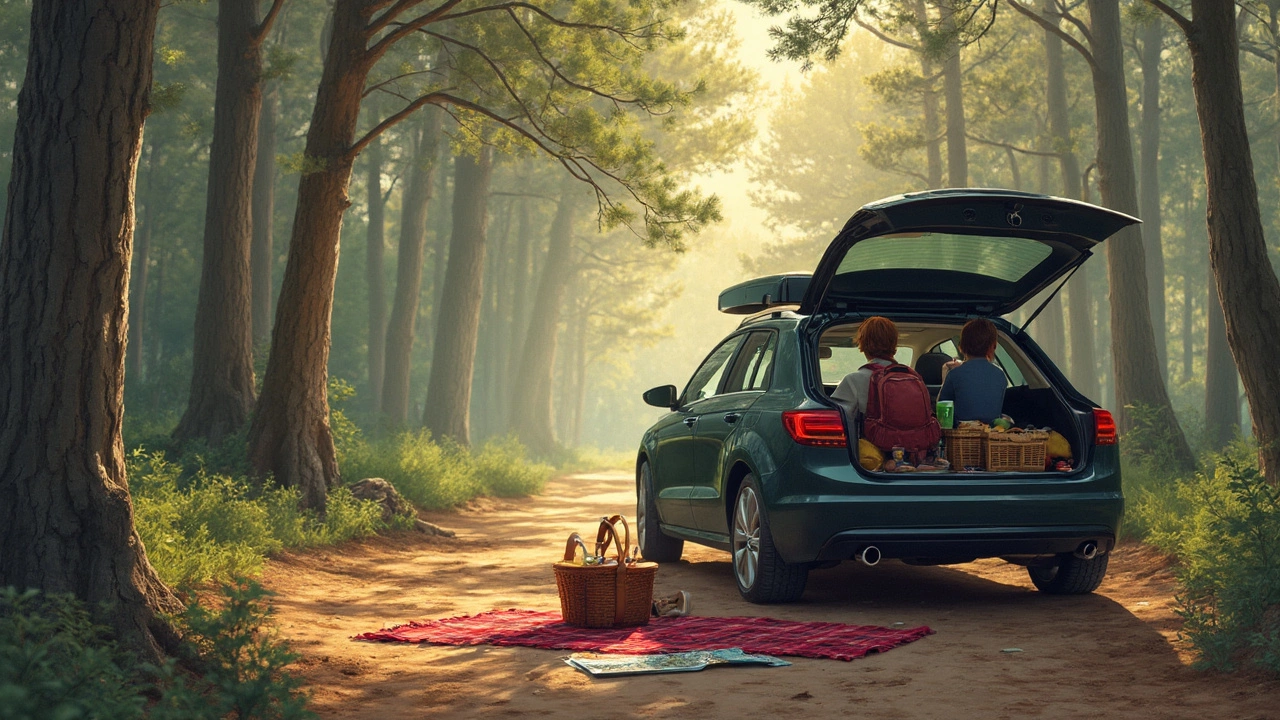Florida Beach Camping Laws & Tips for Motorhome Travelers
If you’re planning a motorhome adventure in the Sunshine State, the first thing you need to know is where you can legally set up camp on the sand. Florida has a mix of state rules, county ordinances, and private‑property policies that can feel confusing, but getting the basics right saves you fines and a ruined night.
What the Law Says About Camping on Florida Beaches
In most of Florida, you can’t just pitch a tent on a public beach. State law treats beaches as public lands, but overnight stays are generally prohibited unless a specific campground or designated area allows it. Counties like Pinellas and Sarasota have “overnight parking” rules that let RVs stay for a few hours, but not a full night. The safest bet is to look for a beachside RV park that offers hook‑ups and permits overnight stays.
Private beach access is another option. Many beachfront resorts and private campgrounds lease spots to motorhome owners. These sites have their own rules, usually written into the rental agreement, so always read the fine print before you arrive.
One loophole that works in some coastal counties is “dispersed camping” on public land a short walk from the beach. The land must be owned by the county or a state park, and you need to check signage for any time limits. If you’re caught camping where it’s not allowed, fines can range from $100 to $500, and you may be asked to leave immediately.
Best Beaches and Campgrounds for Your Motorhome
Here are a few spots that combine great beach access with motorhome‑friendly facilities:
- Fort De Soto Park (Tampa Bay) – Offers full‑hookup sites just steps from the Gulf. Reservations are required, especially in summer.
- John Pennekamp Coral Reef State Park (Key Largo) – While you can’t camp on the beach, the park’s RV sites give you easy shuttle access to the shore.
- Canaveral National Seashore (Space Coast) – No overnight camping on the beach, but nearby private RV parks let you park within a mile and walk the dunes.
- Bahia Honda State Park (Key West) – Offers beachfront sites with water and electricity. Arrive early; spots fill up fast.
When you book, confirm three things: hook‑up availability (electric, water, and dump), any extra fees for beach access, and the site’s length‑of‑stay limits. Most Florida RV parks cap stays at 14 days to keep turnover high.
Don’t forget to pack a few essentials for beach camping: a portable shower, reef‑safe sunscreen, and a trash‑bag plan to leave no trace. Florida’s wildlife includes turtles and sand crabs, so keeping food sealed helps protect both them and your meal.
Finally, check the weather. Summer thunderstorms roll in fast, and hurricanes can force evacuations. Most established campgrounds have an emergency plan and will notify you if you need to move.
By following the local rules, choosing the right campground, and packing smart, you’ll enjoy Florida’s endless shoreline without a hitch. Happy travels, and enjoy the sunshine!
Can I Sleep in My Car Overnight in Florida? What to Know for Forest Campsites
Ever thought about catching some sleep in your car while exploring Florida’s forests? Rules in Florida are a mix of state laws and specific campsite rules. Some places let you park overnight in the woods, but not every spot is fair game. This article covers where you can legally rest, how to avoid extra trouble, and tips for safe, comfortable car camping at forest campsites. If you’re hoping for a hassle-free night, you’ll want to know the details before you park.
